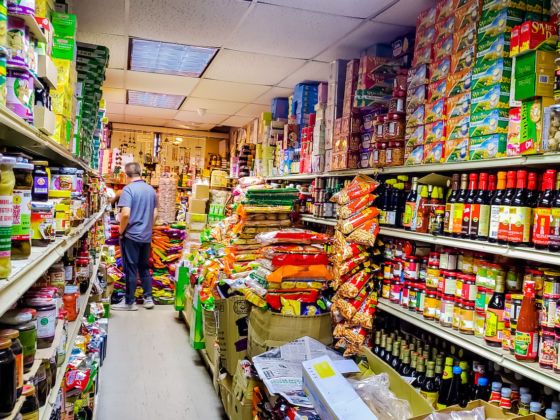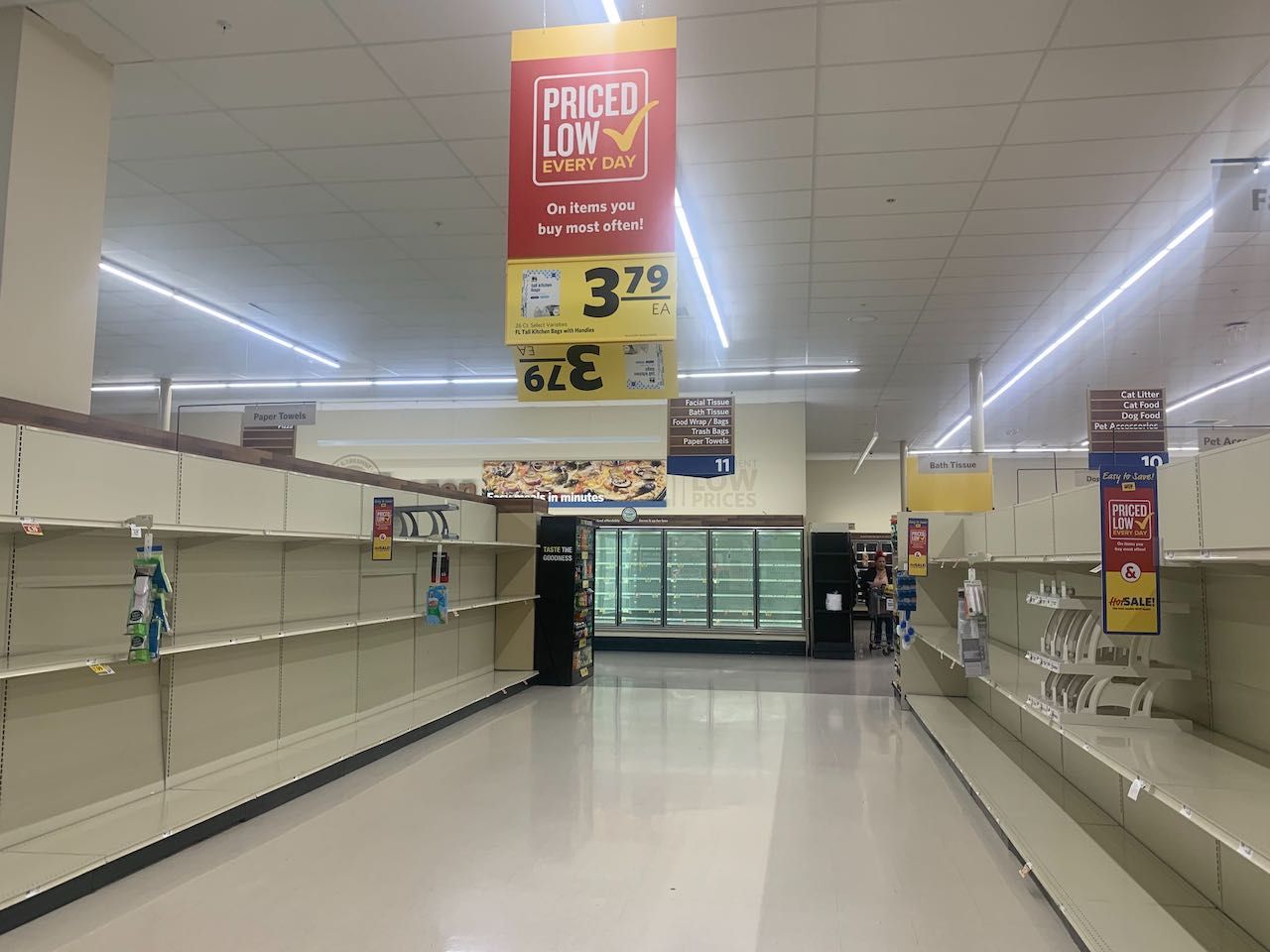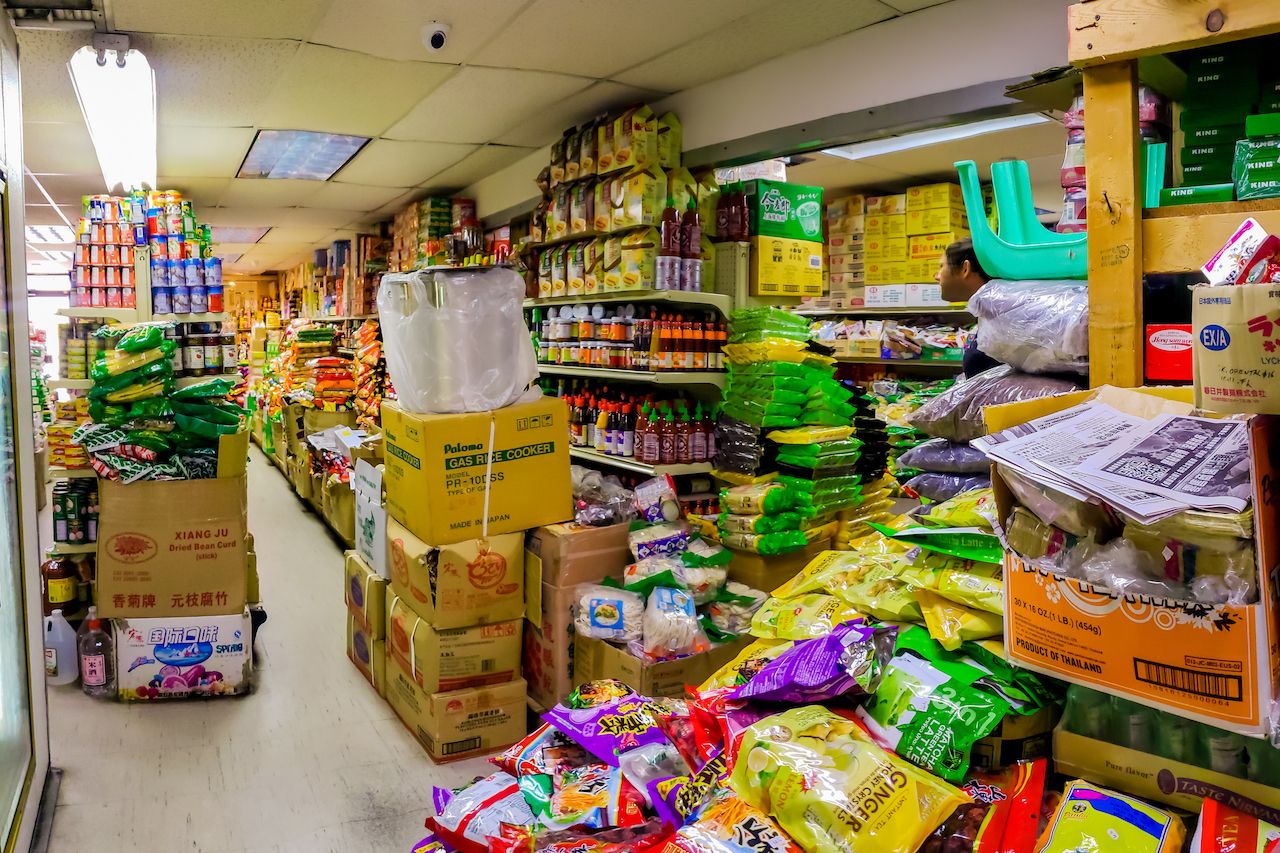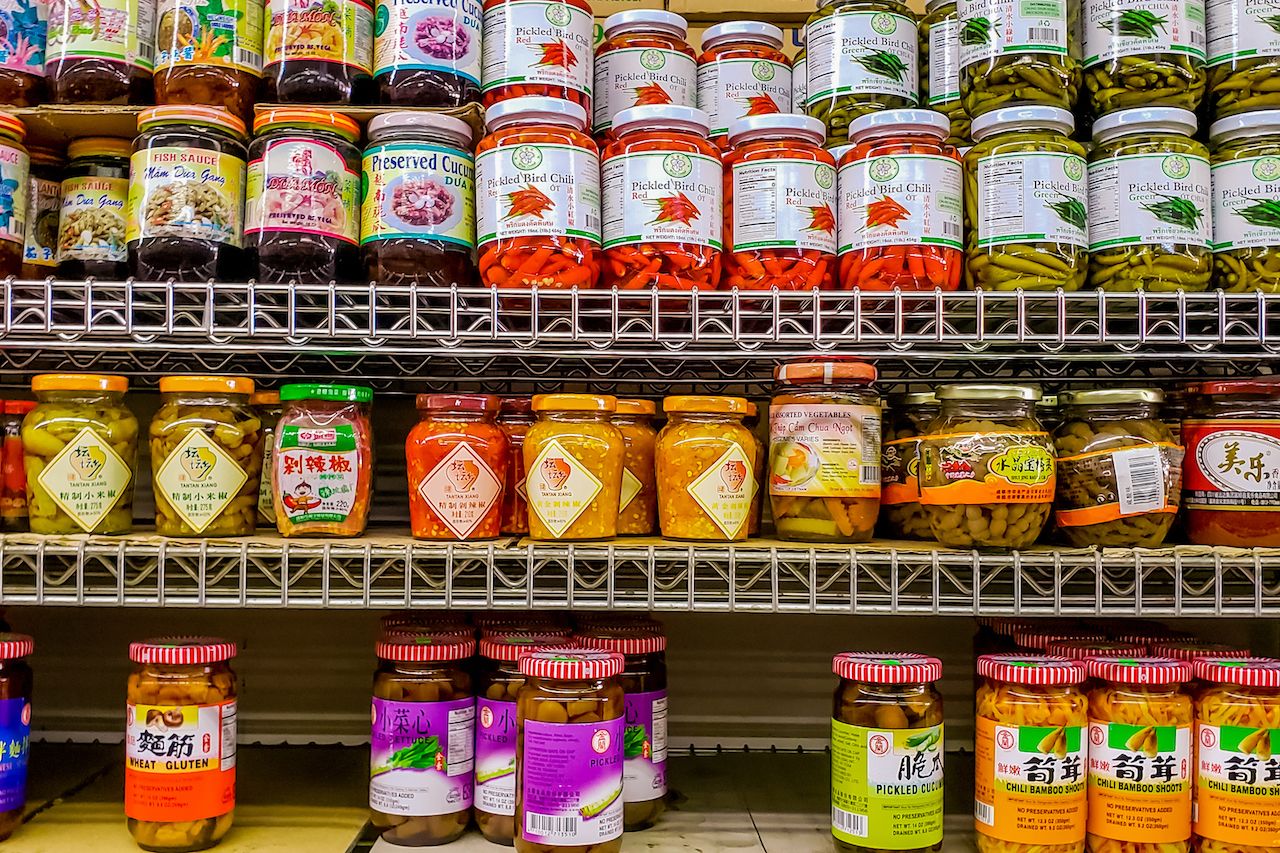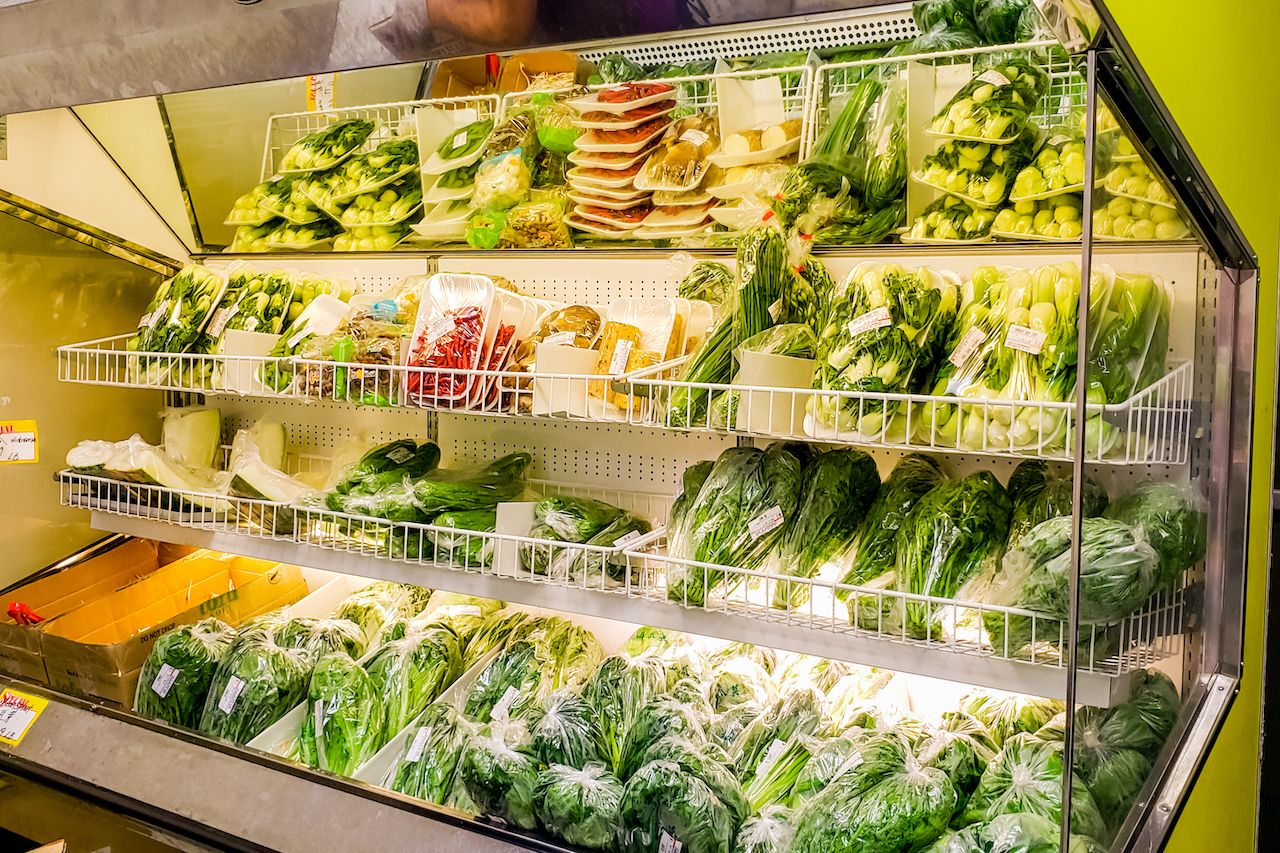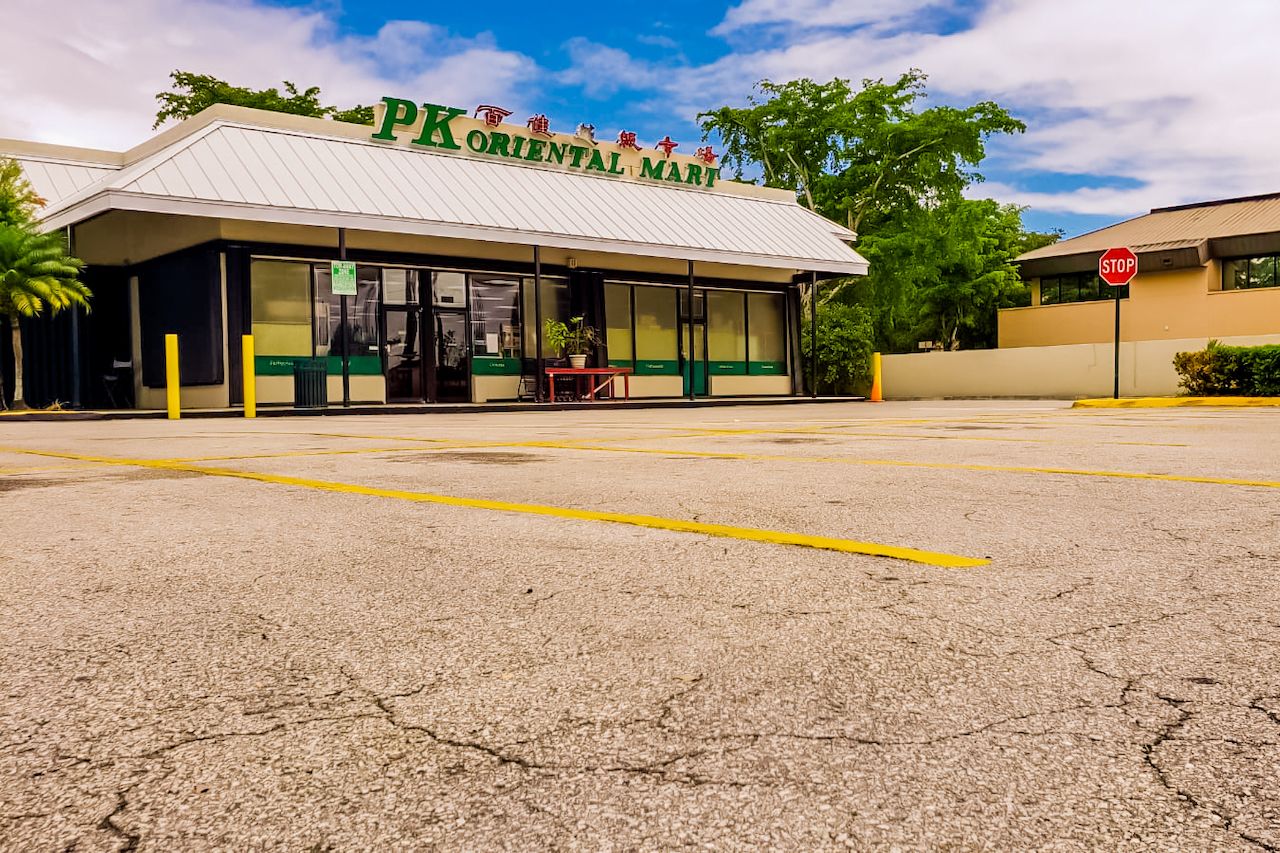In the United States, we’re used to being able to get pretty much whatever we want, whenever we want it. Think about the last time your WiFi went out when you were trying to cue up Netflix, and you’ll know exactly what I mean.
Which is why this past week, in the wake of the coronavirus outbreak, was especially unnerving for a lot of people, who went to the store to pick up a few items they can usually find on-demand and found literally none of what they were looking for.
